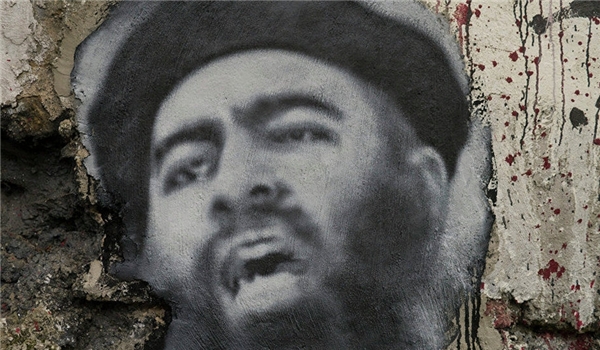
RNA - Last month Iraqi Prime Minister Haider al Abadi declared the territorial defeat of ISIL in Iraq, but yet a pressing question remains—where is Abu Bakr al-Baghdadi, Daily Beast reported.
Where is the head of the terrorist group that took over a third of Iraq’s territory in 2014 to establish the so-called caliphate, which terrorized millions in the region, horrified people all over the world, and inspired gruesome attacks in Europe and the United States?
Despite a $25 million US State Department bounty on his head, al-Baghdadi has managed to evade capture and death repeatedly.
This, even with the fury of the US, Russian, Syrian, and Iraqi militaries focused on killing him.
While we were in Baghdad as researchers from the International Center for the Study of Violent Extremism (ICSVE) last month interviewing cadres from the ISIL who, unlike their leader, were caught and brought to justice, an Iraqi prison interrogator asked, “With all of your country’s military might why is it that the US can’t find al Baghdadi?”
It’s a good question.
Intelligence is best informed from on-the-ground sources, which, in the case of ISIL, the Americans lack. Western intelligence services have found it nearly impossible to insert spies into the terrorist organization. Jordanian sources claimed to us to have done so, and in Jordan’s case there is also a corroborating news story of an agent who had infiltrated and served as a commander in ISIL being airlifted out before the coalition’s final assault on the ISIL capital Raqqa.
Several Kosovar government officials also have told ICSVE researchers about their attempts to infiltrate the organization, but admit they failed. One of them was discovered and killed. And while the Israeli Mossad and Russia may have succeeded (that is certainly what they would like us to believe), it’s not clear that the intelligence received from any of these actors is, or was, coming out of the organization in real time.
Clearly no government or intelligence service has enough information to kill al-Baghdadi.
During interviews with 66 ISIL defectors, returnees and prisoners to date, ICSVE researchers have learned that all cadres are highly controlled. Mobile phones are often taken from them. Those allowed to keep them often have their messages checked. Surveillance of communications is extremely tight. The fate of anyone accused of betraying ISIL is likely to be beheading. In our interviews we often heard of Russians, especially, decapitated after having been accused as spies—claims often made only out of suspicion and with little to no evidence backing them up.
847/940